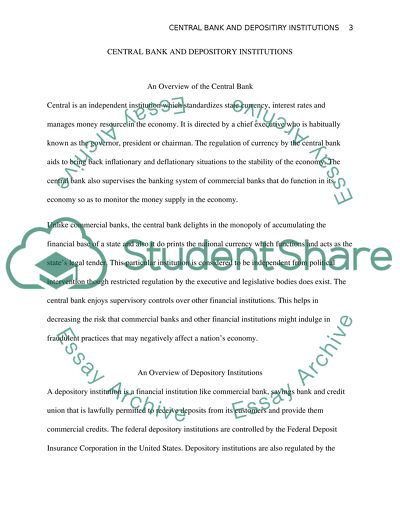Cite this document
(“Central banks Essay Example | Topics and Well Written Essays - 1500 words”, n.d.)
Central banks Essay Example | Topics and Well Written Essays - 1500 words. Retrieved from https://studentshare.org/finance-accounting/1697505-central-banks
Central banks Essay Example | Topics and Well Written Essays - 1500 words. Retrieved from https://studentshare.org/finance-accounting/1697505-central-banks
(Central Banks Essay Example | Topics and Well Written Essays - 1500 Words)
Central Banks Essay Example | Topics and Well Written Essays - 1500 Words. https://studentshare.org/finance-accounting/1697505-central-banks.
Central Banks Essay Example | Topics and Well Written Essays - 1500 Words. https://studentshare.org/finance-accounting/1697505-central-banks.
“Central Banks Essay Example | Topics and Well Written Essays - 1500 Words”, n.d. https://studentshare.org/finance-accounting/1697505-central-banks.


